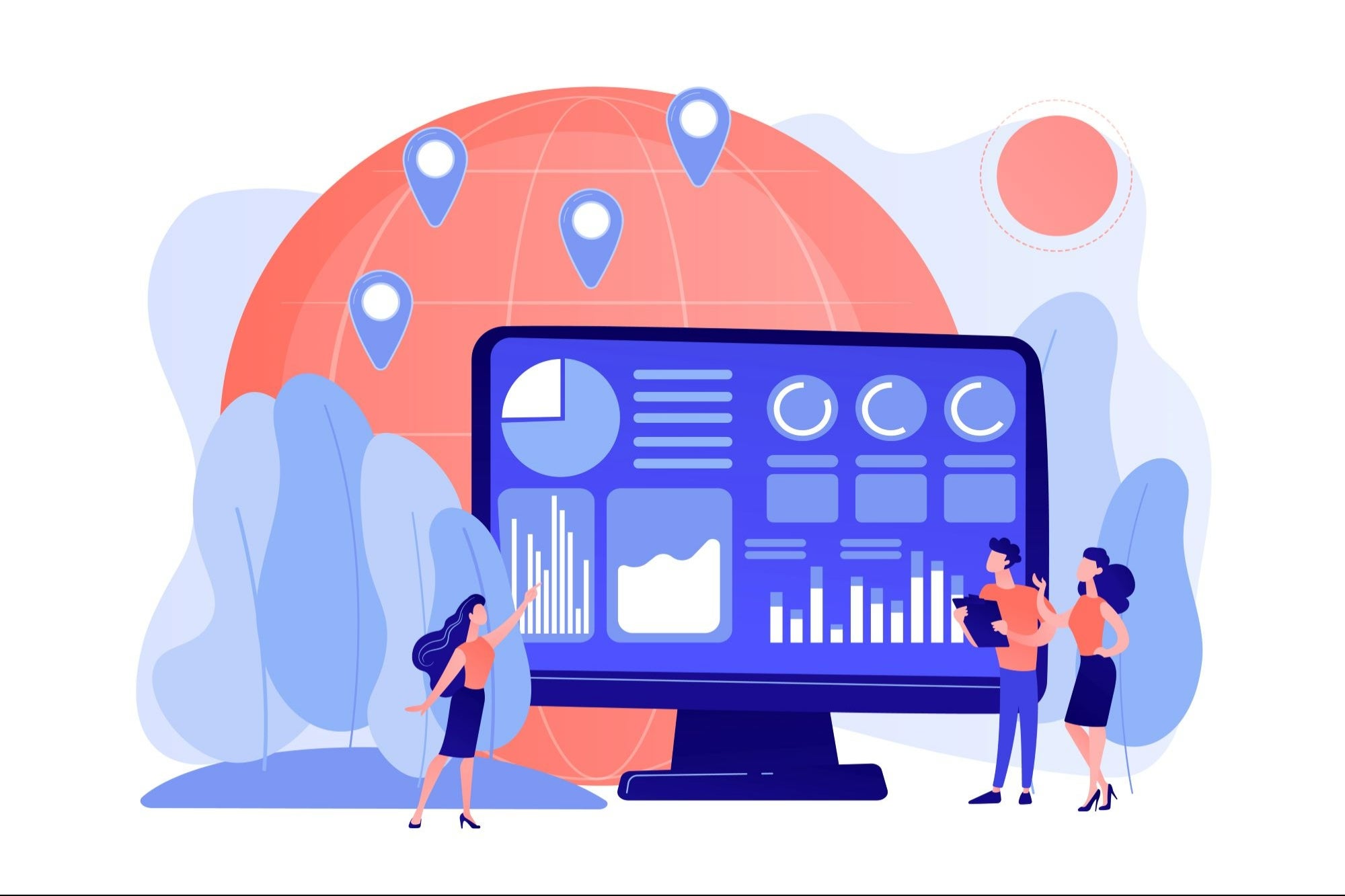AI and Automation Set to Redefine the GCC Landscape in India These technologies are driving significant changes in how GCCs operate, enhance productivity, and deliver value to their parent organizations.
Opinions expressed by Entrepreneur contributors are their own.
You're reading Entrepreneur India, an international franchise of Entrepreneur Media.

Artificial intelligence (AI), automation, and advanced analytics are set to redefine the landscape of global capability centers (GCCs) in India, according to the 2024 GCC Annual Report by Inductus GCC.
"These technologies are driving significant changes in how GCCs operate, enhance productivity, and deliver value to their parent organizations. AI and machine learning algorithms are being deployed to automate routine and repetitive tasks, allowing GCCs to focus on higher-value activities," the report said.
For instance, AI-powered chatbots and virtual assistants are improving customer service by providing instant responses to queries and resolving issues efficiently. Automation tools are streamlining processes such as data entry, report generation, and compliance monitoring, reducing human error and increasing efficiency. Advanced analytics, on the other hand, is enabling GCCs to derive actionable insights from vast amounts of data.
Predictive analytics is being used to forecast market trends, customer behavior, and operational performance, helping companies make informed decisions. For example, in the legal process outsourcing (LPO) sector, advanced analytics can analyze legal documents, identify patterns, and predict case outcomes, enhancing the decision-making process. The integration of AI, automation, and advanced analytics not only improves operational efficiency but also drives innovation and competitive advantage. Companies that invest in these technologies can better anticipate market changes, optimize resources, and deliver superior value to their clients.
The Economic Survey 2024 revealed that expansion and investments into setting up GCCs in India by multinational companies are set to contribute roughly 3.5 percent of India's GDP by 2030, generating an estimated revenue of USD 121 billion by then.
There are numerous examples of the critical role played by Indian GCCs. For instance, Microsoft's India Development Center (IDC), established in Hyderabad, has emerged as a critical hub for the company's global operations. The IDC focuses on research and development across various domains, including cloud computing, AI, and enterprise software. With a team of engineers and researchers, the center has developed innovations like Azure, Microsoft's cloud platform, and AI-driven solutions for healthcare and education.
Similarly, Accenture's Innovation Hub in Bengaluru serves as a strategic innovation center where new digital solutions are co-created with clients. The hub focuses on areas such as digital transformation, artificial intelligence, blockchain, and cybersecurity. By leveraging local expertise and global resources, the hub has successfully delivered innovative solutions that enhance business processes and customer experiences.
The GE India Technology Center in Bengaluru is one of GE's largest integrated multidisciplinary research and development centers outside the US. This center plays a pivotal role in developing advanced technologies for sectors such as healthcare, aviation, and renewable energy. The center's notable achievements include the development of low-cost medical devices for emerging markets and innovative solutions for renewable energy integration. GE's investment in local talent, strong partnerships with academic institutions, and focus on addressing local market needs have been key drivers of its success.










